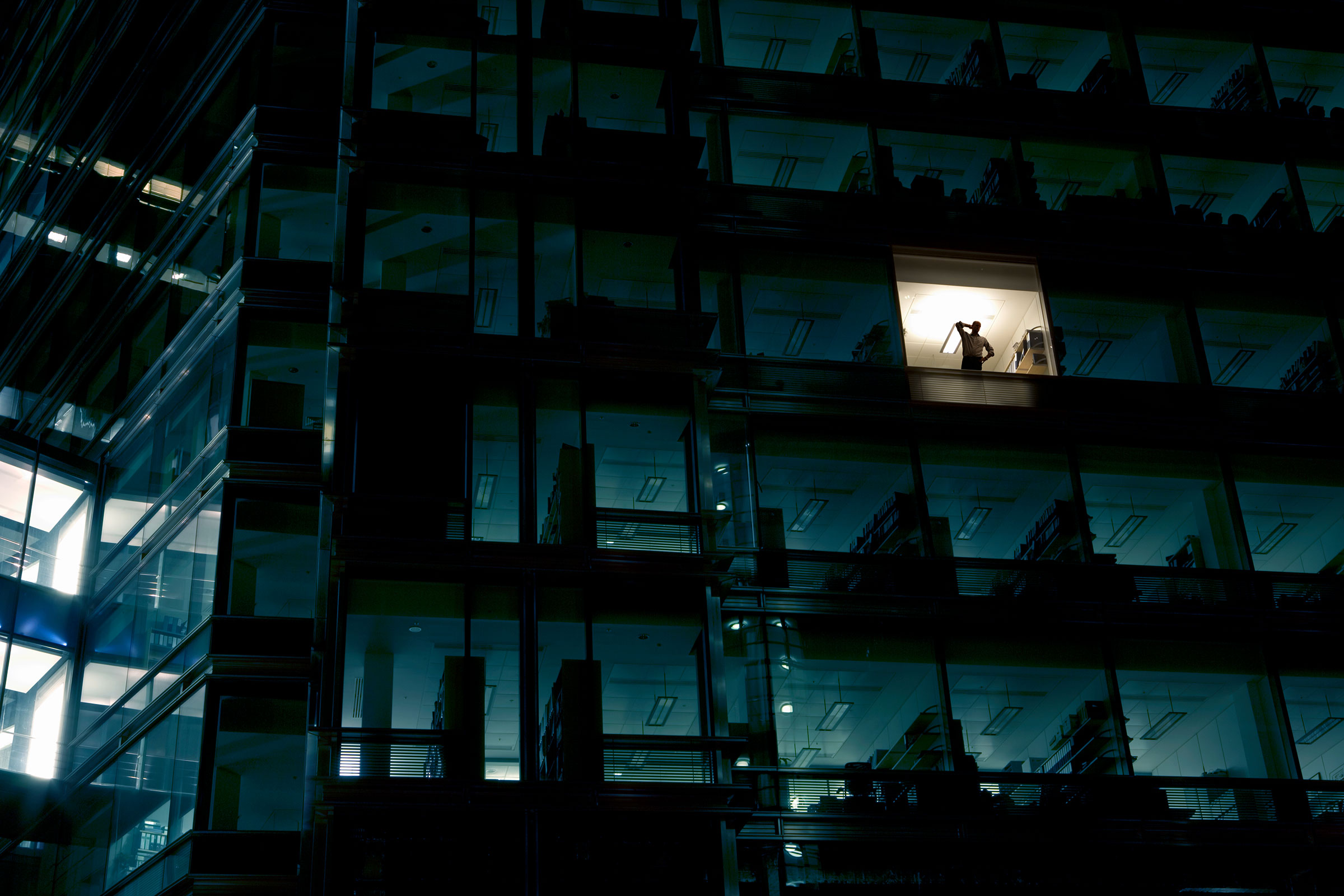Working the night shift is linked to a number of health issues, from heart disease to obesity to sleep disorders—and even cancer. Now, in a new report, researchers in China have found that women who work the night shift have a 19% increased risk of developing cancer compared to women do not work at night.
The research, published in Cancer Epidemiology, Biomarkers & Prevention (a journal of the American Association for Cancer Research), was an analysis of 61 studies that included nearly four million people from North America, Asia and Australia.
When the researchers looked more closely at the types of cancer the women were getting, they found that women who worked night shifts for longer periods of time had a 41% higher risk of skin cancer, 32% higher risk of breast cancer and an 18% greater risk of digestive system cancers compared to women who did not work night shifts. The risk was highest among nurses who worked at night; their risk of developing breast cancer if they worked night shifts long term was 58% higher than nurses who didn’t have night shifts.
Xuelei Ma, senior author of the paper and assistant professor at Sichuan University, says that the longer women worked night shifts, the higher their risk. For every five years of night shift work, the risk of breast cancer, for example, went up by 3.3%.
Learn the latest research-backed insights with TIME’s guide to preventing cancer.
The increased risk, particularly among female nurses, does not necessarily mean that women who work night shifts are more vulnerable to developing cancer, Ma notes. In the case of nurses, for example, their higher rates may simply reflect the fact nurses are more likely to get screened and therefore receive a cancer diagnosis than the average woman. All of the studies included in the analysis may not have adequately accounted for other factors linked to cancer rates, such as diet, physical activity and sleep habits.
But given the large number of people involved, the trends are worth studying further, Ma says. The findings suggest that people working night could potentially benefit from good screening programs to pick up cancers earlier so they can be treated.
“Night shift is a current social phenomenon that is gaining and rising in popularity and can have adverse effects on health,” Ma wrote in an email to TIME discussing the study’s results. “It is warranted that long term night shifters take [advantage of] tumor screening and that protection measures for personnel should also be considered.”
There are likely several factors that put night shift workers at higher risk for certain cancers, but previous studies in animals and people suggest that disruptions to hormone levels might be one. Levels of melatonin, for example, which generally rise at night in response to darkness, are suppressed when people remain awake under artificial light. That may contribute to tumor growth, since melatonin is an antioxidant that inhibits cancer cells and also suppresses new blood vessel growth associated with tumors.
Disrupting the normal sleep-wake cycle can also affect genes responsible for repairing DNA, which could lead to more abnormally growing cells that become cancerous.
- The 100 Most Influential People of 2024
- The Revolution of Yulia Navalnaya
- 6 Compliments That Land Every Time
- What's the Deal With the Bitcoin Halving?
- If You're Dating Right Now, You're Brave: Column
- The AI That Could Heal a Divided Internet
- Fallout Is a Brilliant Model for the Future of Video Game Adaptations
- Want Weekly Recs on What to Watch, Read, and More? Sign Up for Worth Your Time
